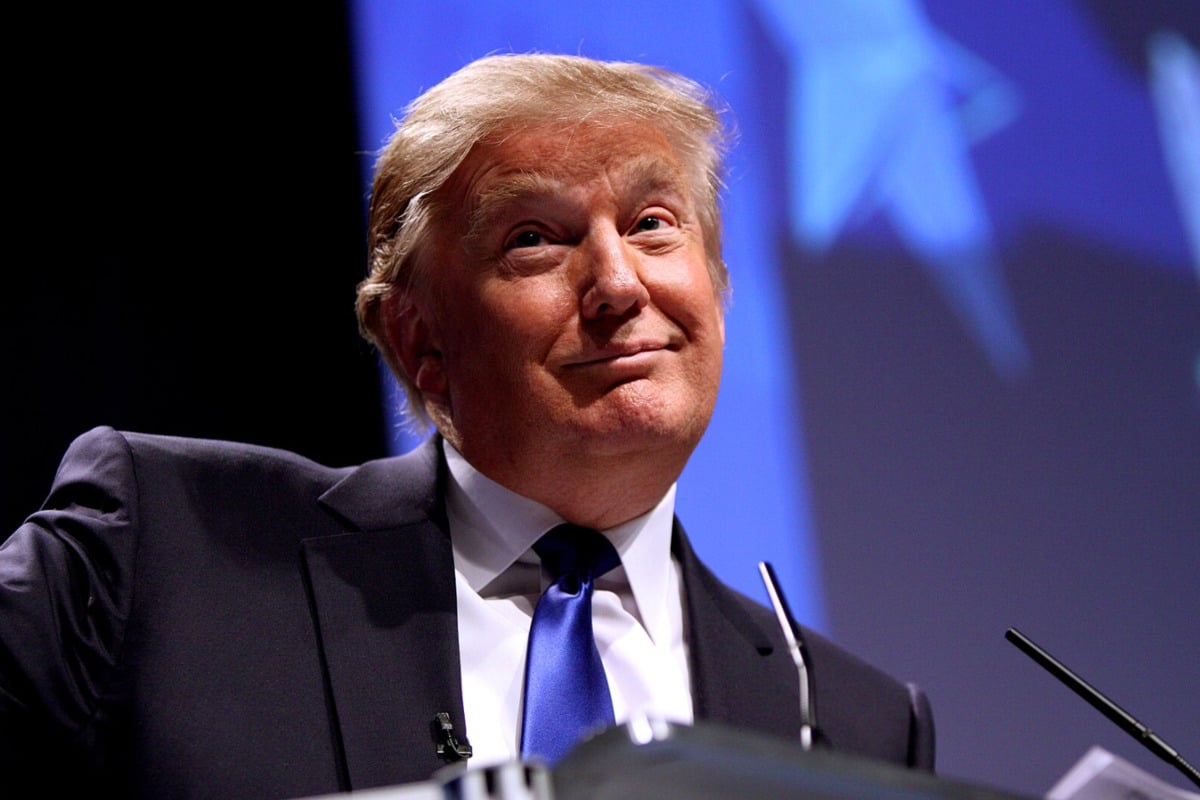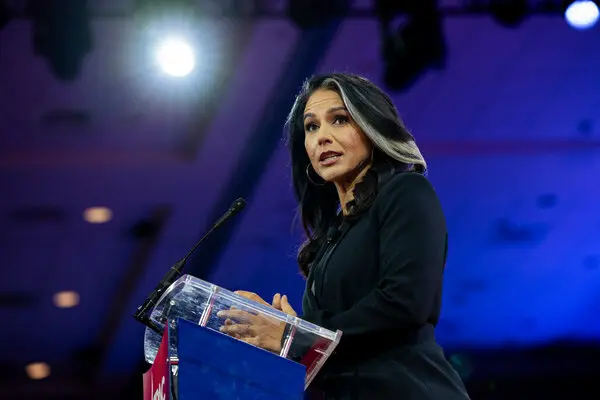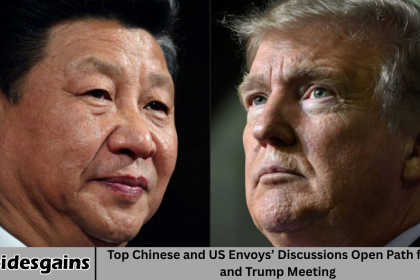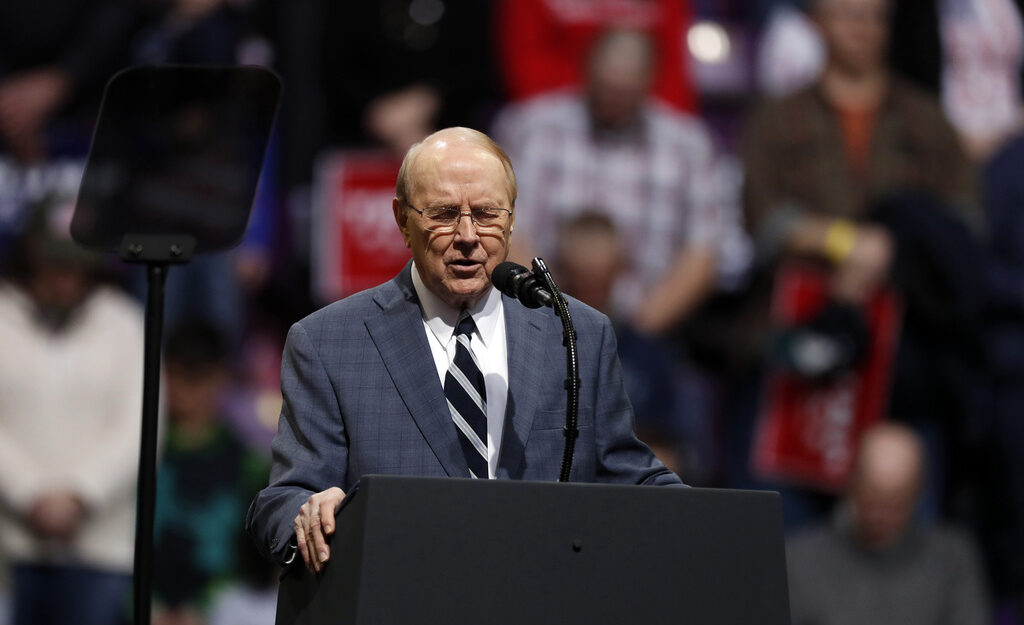In a stunning legal twist, an appeals court has overturned former U.S. President Donald Trump’s $500 million civil fraud penalty, a ruling that not only reshapes his financial liabilities but also has significant implications for his political career. The case, which had drawn worldwide attention, revolved around allegations that Trump and his businesses had engaged in fraudulent financial practices to inflate the value of assets.
- Background of the Civil Fraud Case
- The Appeals Court Decision
- Political Implications
- Financial Relief for Trump
- Public Reactions
- Expert Opinions
- Impact on Trump’s Other Legal Battles
- The Broader Legal Precedent
- Storytelling Perspective: Trump’s Narrative
- Potential for Further Appeals
- FAQs
- What was Donald Trump accused of in the civil fraud case?
- Why did the appeals court overturn the $500 million penalty?
- Does this ruling mean Trump is cleared of all wrongdoing?
- How does this affect Trump’s political campaign?
- Can prosecutors challenge the appeals court ruling?
- What does this mean for future civil fraud cases?
- Conclusion
The reversal represents a dramatic shift in Trump’s ongoing legal saga. While the decision relieves him of a massive financial burden, it also raises new debates about judicial fairness, political influence, and the limits of civil litigation against a former head of state. For many, the case is more than just about money—it’s about the broader battle over Trump’s accountability as he continues to campaign for a return to the White House.
Background of the Civil Fraud Case
The case originated when state prosecutors alleged that Trump’s real estate empire had intentionally misrepresented property values to secure favorable loans, insurance benefits, and other financial advantages. The staggering $500 million penalty imposed by the lower court was one of the largest civil fines ever levied against a political figure in American history.
Legal experts described it as a landmark ruling that set a precedent for holding public figures accountable for corporate misconduct. Trump’s legal team, however, consistently argued that the charges were politically motivated, claiming prosecutors aimed to damage his reputation during an election cycle.
The Appeals Court Decision
The appeals court’s decision to overturn the $500 million judgment shocked both Trump’s critics and supporters. Judges on the appellate panel ruled that the lower court had misapplied legal standards in calculating damages and penalties.
According to the ruling, the prosecution failed to demonstrate direct harm to financial institutions or investors, a crucial element for justifying such a hefty fine. Without concrete evidence that Trump’s financial maneuvering caused measurable losses, the appeals court concluded that the original penalty was excessive and legally unsound.
One legal scholar noted, “The court essentially said that exaggeration in property valuation, while questionable, does not automatically translate into civil fraud without tangible damage to victims.”
Political Implications
The decision could not have come at a more politically charged moment. Trump, who is seeking a second term in the Oval Office, now has a major legal victory to boast about on the campaign trail.
For his supporters, the ruling validates Trump’s long-standing claim that he has been the target of a politically motivated legal witch hunt. For his opponents, however, the appeals court’s decision raises concerns about elite impunity, reinforcing the perception that powerful figures operate under a different set of rules than ordinary citizens.
The case is certain to be a talking point in debates, rallies, and campaign advertisements as Trump navigates the intersection of law and politics.
Financial Relief for Trump
Beyond the political theater, the appeals court ruling provides Trump with a critical financial reprieve. A $500 million penalty would have significantly strained his resources, especially as he faces other mounting legal expenses.
Reports previously suggested that Trump was preparing to sell off assets or secure additional financing to cover the penalty. With the fine overturned, Trump retains more liquidity to fund both his business operations and his presidential campaign.
This financial freedom could make a tangible difference in his ability to remain competitive in a costly election season.
Public Reactions
Public response to the appeals court’s ruling has been deeply polarized. Trump’s allies celebrated the decision as proof of judicial fairness. Political figures aligned with him argued that the case should never have been pursued at such a scale.
Critics, however, condemned the reversal as a failure of accountability, suggesting that it sends a dangerous message about how wealth and influence can shield individuals from the consequences of corporate misconduct.
The ruling has also sparked renewed debate on judicial independence in politically sensitive cases. Was the appeals court purely following the law, or were external political pressures at play?
Expert Opinions
Legal analysts are divided in their assessment of the ruling. Some believe it represents a logical correction to an overreaching lower court decision. Others argue it undermines deterrence against corporate fraud.
Professor Linda Matthews, a constitutional law expert, observed: “This ruling highlights a fundamental tension in American law: how to balance the principle of equal accountability with the reality that the financial system often tolerates exaggeration and aggressive self-promotion.”
Economists also weighed in, noting that inflated property valuations are a common but murky practice in real estate. However, when political figures are involved, the stakes become amplified, making it difficult to separate business exaggeration from fraudulent intent.
Impact on Trump’s Other Legal Battles
Although the appeals court’s ruling marks a major victory for Trump, it does not end his legal troubles. He still faces multiple criminal indictments, ranging from election interference to mishandling classified documents.
Analysts predict that the overturned penalty may embolden Trump’s legal team to take a more aggressive defense strategy in ongoing cases. They are likely to argue that prosecutors consistently overreach and that Trump is being targeted unfairly.
Whether future courts will be sympathetic to such claims remains uncertain.
The Broader Legal Precedent
The case also sets a broader precedent for how civil fraud penalties are determined in the United States. By emphasizing the need to prove actual damages, the appeals court ruling could make it more difficult for prosecutors to impose large fines in future cases involving financial misrepresentation.
Some fear this could weaken the government’s ability to deter financial misconduct, while others see it as a safeguard against politically driven penalties.
Storytelling Perspective: Trump’s Narrative
From a storytelling standpoint, the ruling feeds into Trump’s personal narrative of being an outsider fighting against a hostile establishment. His supporters are likely to view this as yet another instance where he was unfairly targeted but ultimately triumphed.
Trump himself wasted no time in declaring victory, framing the decision as proof that he was right all along. Whether one agrees or not, the ruling reinforces his ability to control the narrative in a way few politicians can.
Potential for Further Appeals
While Trump celebrates this legal win, prosecutors still have the option to appeal the case to a higher court. If the Supreme Court were to take it up, the outcome could once again shift dramatically.
For now, though, the overturned penalty stands as a decisive victory for Trump. But given the unpredictability of his legal battles, it remains only one chapter in a much larger story.
FAQs
What was Donald Trump accused of in the civil fraud case?
Trump was accused of inflating the value of his assets to gain favorable loans, insurance benefits, and financial advantages.
Why did the appeals court overturn the $500 million penalty?
The court ruled that prosecutors failed to prove direct financial harm to institutions or investors, making the penalty excessive.
Does this ruling mean Trump is cleared of all wrongdoing?
No. The ruling only overturns the financial penalty in this particular civil case. Trump still faces multiple other legal battles.
How does this affect Trump’s political campaign?
The decision strengthens his campaign narrative, providing financial relief and allowing him to present himself as a political victim who overcame unjust prosecution.
Can prosecutors challenge the appeals court ruling?
Yes. Prosecutors may appeal to a higher court, potentially even the Supreme Court, though the outcome remains uncertain.
What does this mean for future civil fraud cases?
The ruling sets a precedent requiring clear evidence of financial harm before imposing large civil fraud penalties, potentially making such cases harder to win.
Conclusion
The appeals court’s decision to overturn Trump’s $500 million civil fraud penalty is a momentous development that reverberates across the legal, political, and financial spheres. It relieves Trump of a crushing financial burden, bolsters his political narrative, and sets a precedent that could influence future corporate fraud cases.
Yet, it also reignites debates about justice, accountability, and political influence in the legal system. For Trump, it is both a legal triumph and a powerful talking point as he pursues another term in the White House.
Whether seen as a rightful correction or a miscarriage of justice, the ruling ensures that Trump remains at the center of America’s most consequential debates.













